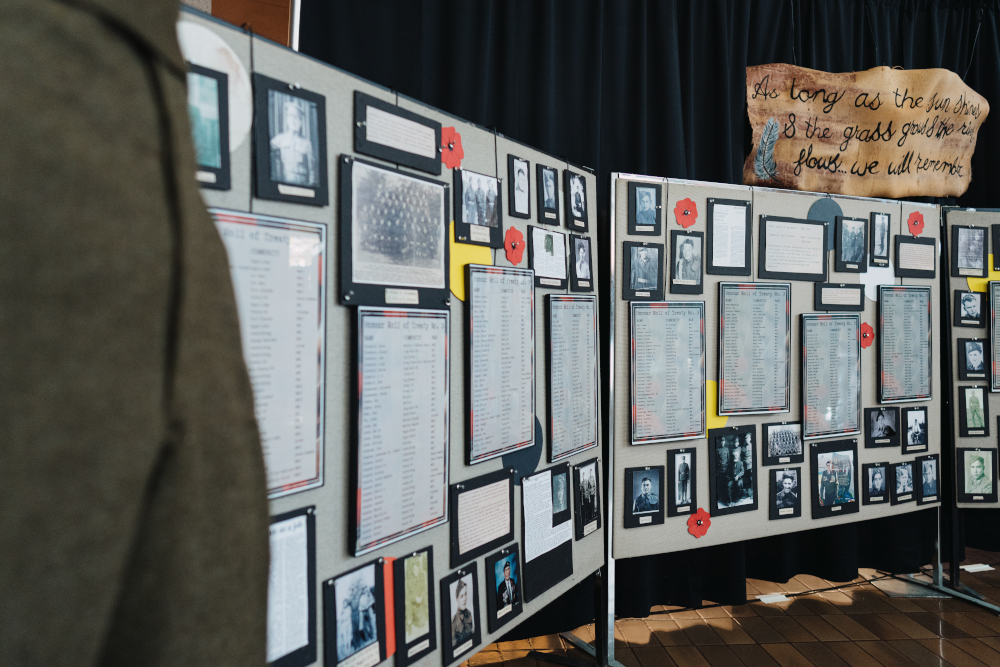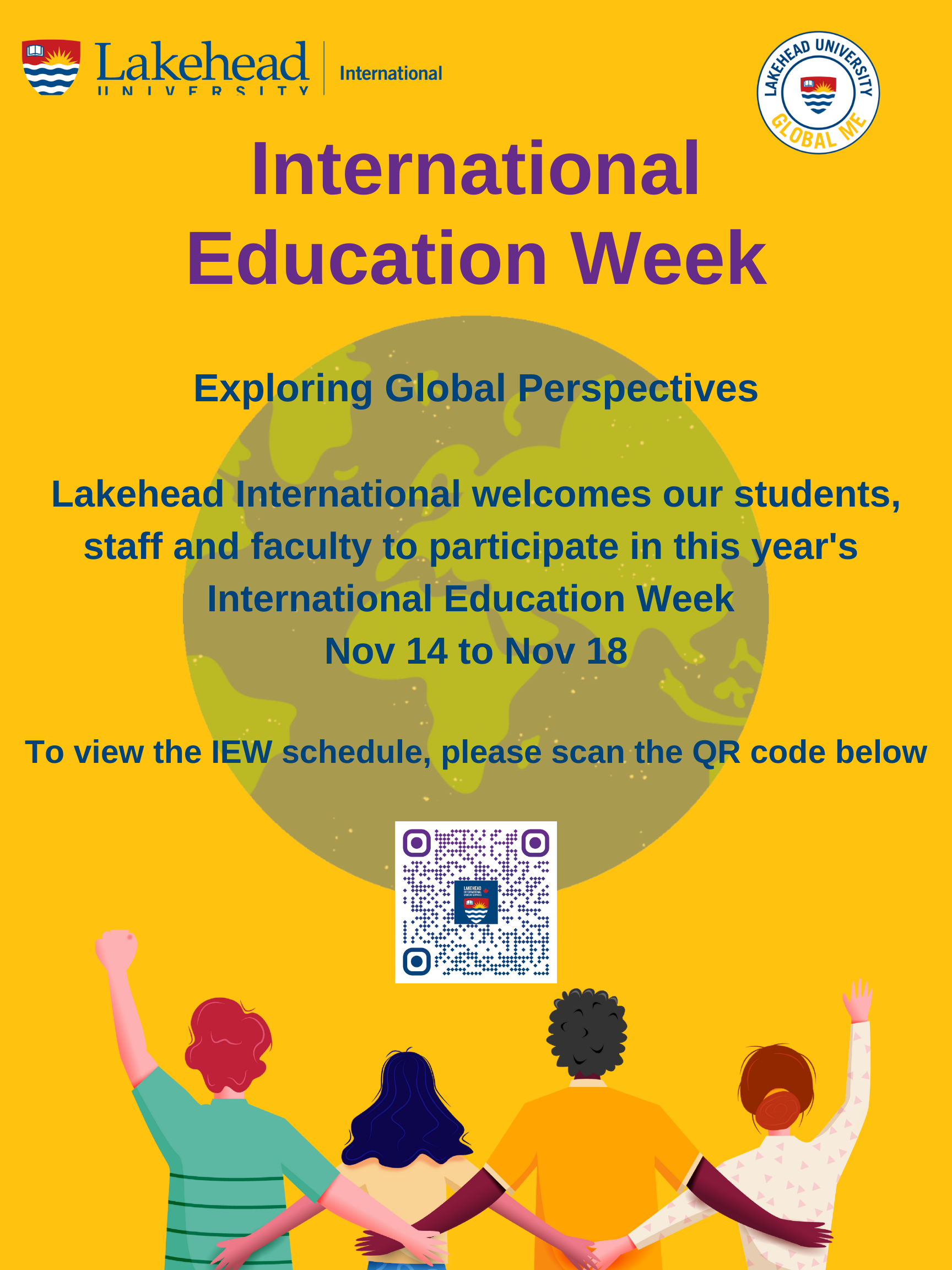Lakehead professor receiving funding to evaluate e-mental health solution supporting youth in Northwestern Ontario
November 1, 2022 – Thunder Bay, Ont.
Twenty early-career researchers from across Canada will receive $100,000 each in funding for innovative projects to better understand the brain, through one of Brain Canada’s flagship programs Future Leaders in Canadian Brain Research.
In its third year, this signature program is anchored by a generous gift from the Azrieli Foundation, with support from the Alvin Segal Family Foundation, The Arrell Family Foundation, The Barry and Laurie Green Family Charitable Trust, and The Erika Legacy Foundation.
“As a nation, we are among the world’s five most active countries in neuroscience,” says Brain Canada President and CEO, Dr. Viviane Poupon.
“By funding early-career research in conditions ranging from epilepsy to depression to multiple sclerosis, Canadian researchers will continue to contribute to major scientific advancements in brain science that will further the field both nationally and internationally.”
The ultimate goal of the Future Leaders in Canadian Brain Research program is to reduce the social and economic burden of neurological and mental health problems through prevention, early diagnosis, and treatment.
This year, the 20 grant recipients are investigating a diverse range of brain disorders and diseases. From studying gene therapy for Huntington Disease, to examining the brain structures behind eating disorders in adolescents, to fighting memory loss, these forward-thinking leaders are contributing to significant improvements in the lives of people in Canada.

Dr. Aislin Mushquash, Associate Professor in Psychology at Lakehead University, and her team are receiving $100,000 to evaluate an e-mental health solution that supports transitional-aged youth in Northwestern Ontario.
Many transitional-aged youth (18-25) suffer from mental health-related difficulties, which can have devastating consequences.
Effective treatment is desperately needed. Youth in underserviced areas such as Northwestern Ontario have increased need for and decreased access to mental health treatment, especially those in rural and remote areas.
Limited access and longer waits for treatment can lead to worsening symptoms, can increase the risk for more serious outcomes, and can negatively impact engagement in treatment once it is received. Dr. Mushquash’s team will evaluate the impact of a mobile mental health app (JoyPop) for transitional-aged youth waiting for mental health treatment – thereby providing youth with more timely support and helping them to improve their coping skills and mental health-related symptoms.
The JoyPop app is one mobile mental health app that has a growing evidence base demonstrating important benefits for youth.
This app is relevant to youth seeking mental health treatment as difficulties in emotion regulation are common across diagnoses. The research team has partnered with two of the largest youth mental health agencies in Northwestern Ontario to investigate the benefits of the JoyPop app within these clinical settings.
The main goal of this research is to determine the effectiveness of the app in improving emotion regulation skills among a diverse group of youth on the wait-list for mental health treatment compared to usual practices.
They will also determine what difference in emotion regulation skills is meaningful to youth, assess changes in their mental health-related symptoms, conduct an economic evaluation assessing the cost effectiveness and cost utility of integrating the app into clinical services, and compare outcomes among Indigenous and non-Indigenous youth, and youth across the gender spectrum.
This research can directly address youth mental health by improving accessibility and timeliness of care and transforming future service delivery.
Partners and donors include the Azrieli Foundation, Children’s Centre Thunder Bay, and Dilico Anishinabek Family Care.
2021 Future Leaders in Canadian Brain Research
For this competition, a total of 116 candidates from across the country submitted letters of intent that were evaluated by a peer review panel. Forty-seven researchers were subsequently invited to submit full, comprehensive grant applications, with the 20 grant recipients chosen after a second round of peer review.
Grant Recipients:
1. Dr. Philippe Albouy, Université Laval, Working Memory
2. Dr. Lindsay Bodell, Western University, Eating Disorders
3. Dr. Elie Bou Assi, Université de Montréal, Diagnosing Epilepsy
4. Dr. Vincent Breton-Provencher, Université Laval, Learning & Decision-making
5. Dr. Lindsay Cahill, Memorial University, Huntington Disease
6. Dr. Carlos Camara Lemarroy, University of Calgary, Multiple Sclerosis
7. Dr. Annie Ciernia, The University of British Columbia, Gut-Brain Interaction
8. Dr. Michèle Desjardins, Université Laval, Cognitive Decline in Aging
9. Dr. Catherine Duclos, Hôpital du Sacré-Cœur de Montréal, Safer Anesthesia
10. Dr. Emma Duerden, Western University, Fetal & Neonatal Brain Development
11. Dr. Alexandre Fisette, Université du Québec à Trois-Rivières, Brain Networks & Obesity
12. Dr. Federico Gaiti, University Health Network, Brain Tumour Biology
13. Dr. Rishi Ganesan, Western University, Delirium in Critically Ill Children
14. Dr. Jiami Guo, University of Calgary, Cellular Response to Brain Injury
15. Dr. Karl Klein, University of Calgary, Gene Mutation & Epilepsy
16. Dr. Julien Muffat, The Hospital for Sick Children, Genetics of Brain Disorders
17. Dr. Aislin Mushquash, Lakehead University, Accessible Youth Mental Health Support
18. Dr. Shaun Sanders, University of Guelph, New Treatment for Brain Cancer
19. Dr. Ashlyn Swift-Gallant, Memorial University, Sex Bias in Autism Spectrum Disorder
20. Dr. Christoph Zrenner, The Centre for Addiction and Mental Health, Brain Stimulation for Brain
To learn more about this year’s cohort of Future Leaders in Canadian Brain Research and to read about their projects, visit braincanada.ca/directory-funded-grants
These Canadian-based projects have been made possible by the Canada Brain Research Fund (CBRF), an innovative arrangement between the Government of Canada (through Health Canada) and Brain Canada Foundation, and the Azrieli Foundation, the Alvin Segal Family Foundation, The Arrell Family Foundation, The Barry and Laurie Green Family Charitable Trust, and The Erika Legacy Foundation.
The CBRF increases Canadians’ support for brain research and expands the philanthropic space for supporting brain research to achieve maximum impact. To date, Health Canada has invested over $130 million in brain research through the CBRF, which has been matched by Brain Canada Foundation and its donors and partners.
– 30 –
Media: For more information or interviews, please contact Brandon Walker, Media, Communications and Marketing Associate, at (807) 343-8110 ext. 8372 or mediarelations@lakeheadu.ca.
For more information, please contact:
Brielle Goulart
Brain Canada Foundation
brielle.goulart@braincanada.ca
450-915-2253
Lakehead University is a fully comprehensive university with approximately 9,700 full-time equivalent students and over 2,000 faculty and staff at two campuses in Orillia and Thunder Bay, Ontario. Lakehead has nine faculties, including Business Administration, Education, Engineering, Graduate Studies, Health & Behavioural Sciences, Law, Natural Resources Management, Science & Environmental Studies, and Social Sciences & Humanities. Lakehead University’s achievements have been recognized nationally and internationally, including being ranked, once again, among Canada’s Top 10 primarily undergraduate universities in Maclean’s 2021 University Rankings; as well as included in the top half of Times Higher Education's 2022 World Universities Rankings for the third consecutive year, and the number one university in the world with fewer than 10,000 students in THE’s 2022 Impact Rankings (which assesses institutions against the United Nations’ 17 Sustainable Development Goals). Visit www.lakeheadu.ca.









